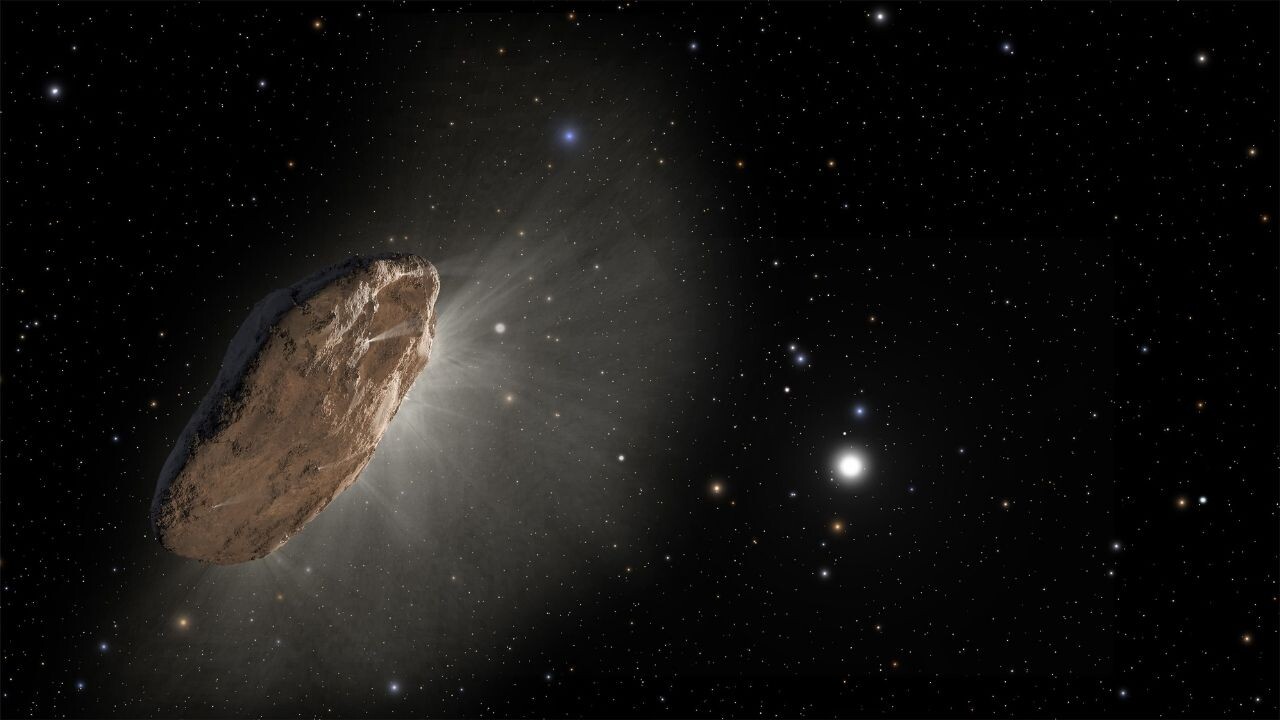A group of researchers has unveiled a new venture that will use AI to search for alien technology.
The Galileo Project will use a network of telescopes and astronomical surveys to hunt for evidence of “extraterrestrial technological civilizations” (ETCs).
AI will play a key role in the program. The team plans to develop algorithms that scan data from telescopes for alien artifacts.
The group will also use existing and future astronomical surveys “to discover and monitor the properties of interstellar visitors to the solar system.” They say they’ve already received $1.75 million in funding from private donors.
The project is spearheaded by Harvard professor Avi Loeb, who raised eyebrows for suggesting that an object that passed through our solar system could be alien tech.
Dubbed ‘Oumuamua, the interstellar interloper was the first confirmed object from another star to visit our solar system.
‘Oumuamua’s unusual acceleration led Loeb to speculate that it was a “lightsail, floating in interstellar space as a debris from an advanced technological equipment.” Many astronomy experts have dismissed the hypothesis.
Nonetheless, Loeb believes that ‘Oumuamua and Unidentified Aerial Phenomena are sufficiently anomalous to motivate further research into extraterrestrial tech:
Science should not reject potential extraterrestrial explanations because of social stigma or cultural preferences that are not conducive to the scientific method of unbiased, empirical inquiry We now must ‘dare to look through new telescopes,’ both literally and figuratively.
The mission to find ETCs may be a long shot, but the project could still generate new data on unusual interstellar objects.
Greetings Humanoids! Did you know we have a newsletter all about AI? You can subscribe to it right here.
Get the TNW newsletter
Get the most important tech news in your inbox each week.





